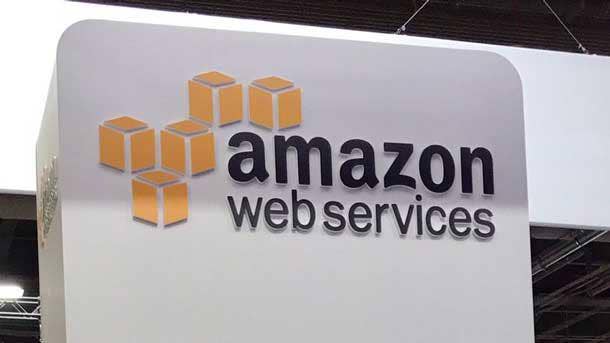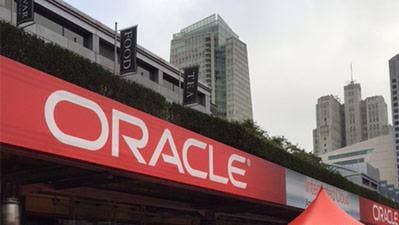5 Takeaways From Synergy’s Paas And Iaas Market Report
Amazon, Microsoft and Google all expanded their share of the global cloud market, according to a report from Synergy Research Group.

An Exploding, Consolidating Market
Global spending on cloud infrastructure services remarkably accelerated in 2018, making clear any slowdown from the boom of recent years is still over the horizon.
The annual growth rate ticking up "is an unusual phenomenon for a high-growth market of this scale," noted John Dinsdale, chief analyst at Synergy Research Group, in the researcher's latest report based on full-year financials.
What most jumps out from Synergy's chart is where the gains are coming.
The already dominant market leaders extended their advantages over the field in 2018, accumulating more share amid almost 50 percent year-over-year expansion across the industry.
The top five IaaS/PaaS/hosted private cloud vendors, led by Amazon Web Services, saw revenue climb by 60 percent in 2018 as smaller players often grew sales while losing share.

Red Hot Financials
The global cloud market—defined in this report as Infrastructure-as-a-Service, Platform-as-a-Service, and hosted private cloud—grew 48 percent year-over-year in 2018 to nearly $70 billion in total revenue.
In the fourth quarter, spending on those services jumped 45 percent over the same quarter of 2017, approaching $20 billion.
Public IaaS and PaaS, which accounted for most of that spend, grew 49 percent in Q4.
"Notably the growth rates seen throughout 2018 were higher than those achieved in 2017," Synergy Research Group's Dinsdale said.

Amazon Still In Its Own League
When you're at the top of the mountain, everyone's trying to knock you off that perch. But AWS' dominance over IaaS and PaaS is only expanding.
AWS owned a whopping one-third of the global market in 2017, and still managed to nudge that share up another point last year.
The public cloud pioneer is roughly the size of its next four competitors combined.

Hyper-Growth For Hyper-Scalers
Amazon wasn't the only hyper-scaler to see gains in 2018. Its closest two competitors, Microsoft and Google, also expanded their share of the market.
Microsoft, with its Azure public cloud, saw a jump of nearly 3 points, from 13 percent share in 2017 to 15 percent in 2018. And Google, offering Google Cloud Platform, ticked up from 6 to 7 percent.
The three largest hyper-scalers combined went from 52 to 56 percent share as they scaled faster than the already surging market average.
Only IBM ceded ground.
In 2017, Big Blue and Google were nearly tied, but IBM's share declined slightly—within a percentage point—last year. IBM is carving out a different niche, Dinsdale noted, and "it remains the strong leader in the hosted private cloud services segment of the market."
Alibaba also eked out global share, growing from 4 to 5 percent.
Those top five providers control more than three-quarters of the total market.

Mid-Level Providers Growing While Diminishing
The market share gains of the hyper-scalers came at the expense of regional, niche and mid-size cloud operators.
The next 10 largest providers saw their share of the market contract from 16 percent in 2017 to below 15 percent in 2018.
And the smaller companies trailing the top 15 fared even worse—falling as a collective from over 20 percent in 2017 to around 17 percent last year.
Despite their diminishing share, many of those smaller players still grew their revenues.
But they "find themselves unable to keep pace with the market leaders," Dinsdale said.

Oracle Absent
Oracle, a member of the Next 10 category, wasn't specifically mentioned in the Synergy Research report.
But given the software giant's ambitious goals and bold claims over the last year of shaking up IaaS and taking on AWS, CRN reached out to Synergy to see how Oracle's public cloud business stacked up.
Oracle remains a leading Software-as-a-Service vendor, Dinsdale noted. But the company's market share actually eroded over 2018 in infrastructure services, despite the aggressive rhetoric of Chairman Larry Ellison and other executives in Redwood Shores.
Oracle closed the year owning roughly 2 percent of the global cloud infrastructure market.